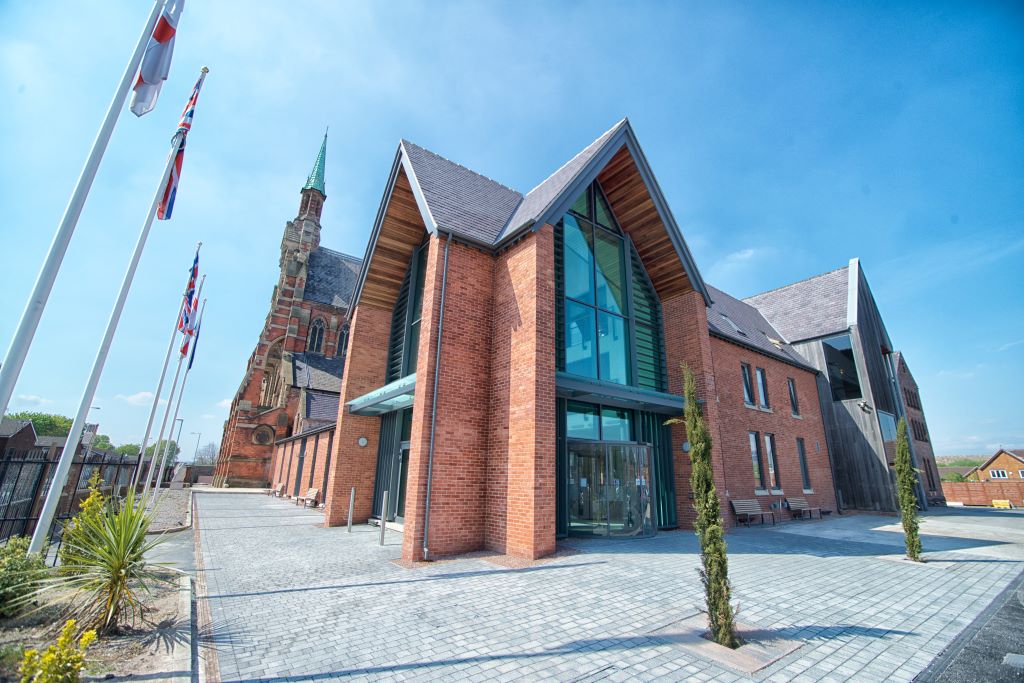iGEM competition allows students to push boundaries in bio engineering

French students genetically engineer machines to win global competition
Cleaning infected hospital wastewater and developing a communication system for bacteria, two projects developed by students from Université Paris-Saclay have won a worldwide synthetic biology competition.
The two teams built genetically engineered systems using biological parts called BioBricks.
One team, GO Paris-Saclay, addressed the problem of cytotoxic anticancer drugs released from hospital wastewater. They focused on the biotransformation of a widely used anticancer drug, methotrexate (MTX), and developed a synthetic Escherichia coli strain, called ‘MethotrExit’, that drastically removes MTX from wastewater. Since some BioBricks are slightly toxic, the team also developed a device to tackle this.
The other team, Evry Paris-Saclay, worked on a communication system that allows bacteria to send specific signals for particular tasks. Aiming to develop a new system for cell-to-cell communication in E. coli, totally different from the native system, peptides (amino acid polymers) were used to construct new communications between bacteria. There are many uses for this – from more accurate diagnosis of complex diseases, to better identifying environmental pollutants.
Evry Paris-Saclay was also nominated for the “Best New Composite Part” Special Prize.
The competition is run by the iGEM Foundation – an independent non-profit dedicated to advancing synthetic biology, education, competition, and collaboration – and gives students the opportunity to push the boundaries of synthetic biology by tackling everyday issues facing the world. Every year nearly 6,000 people take part.












Responses